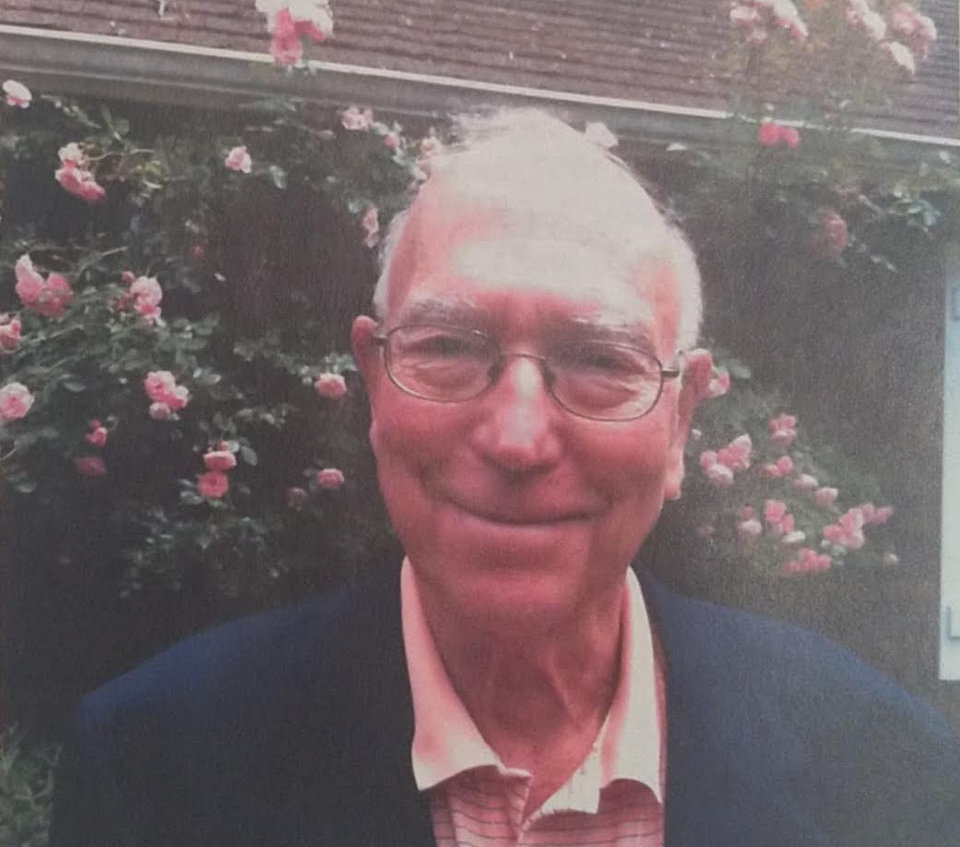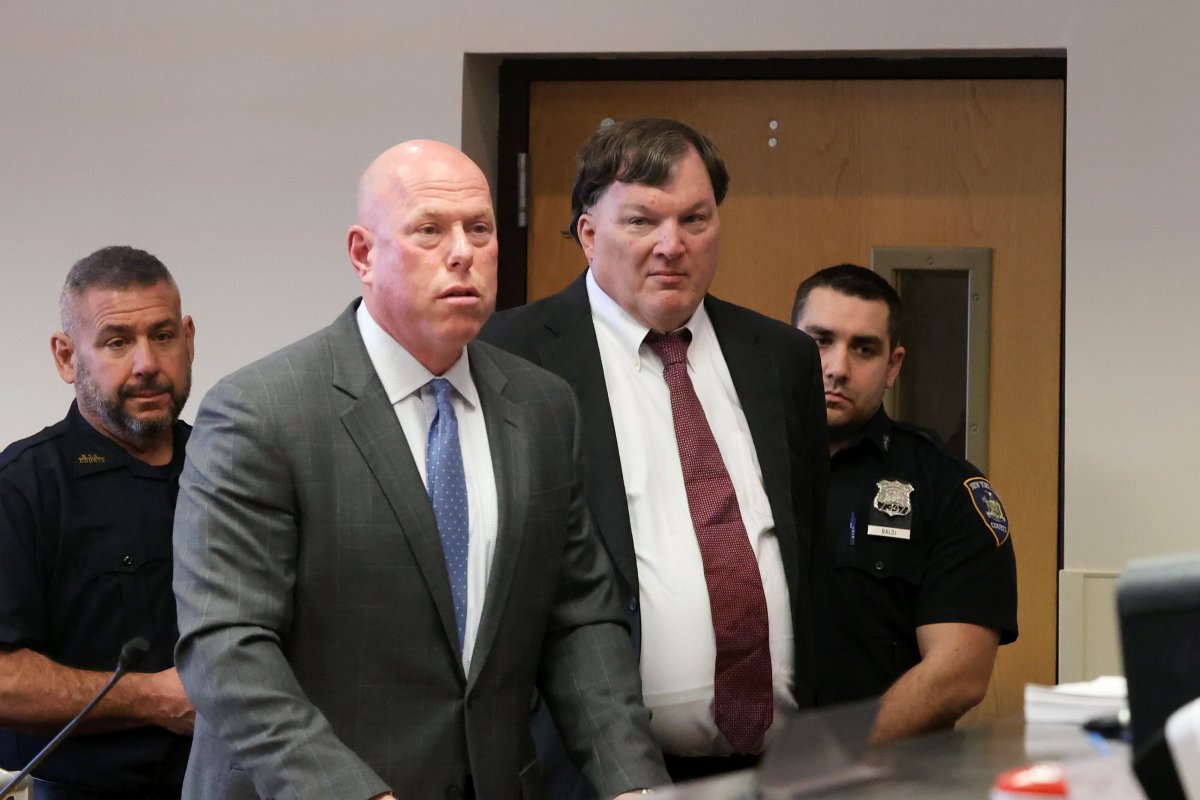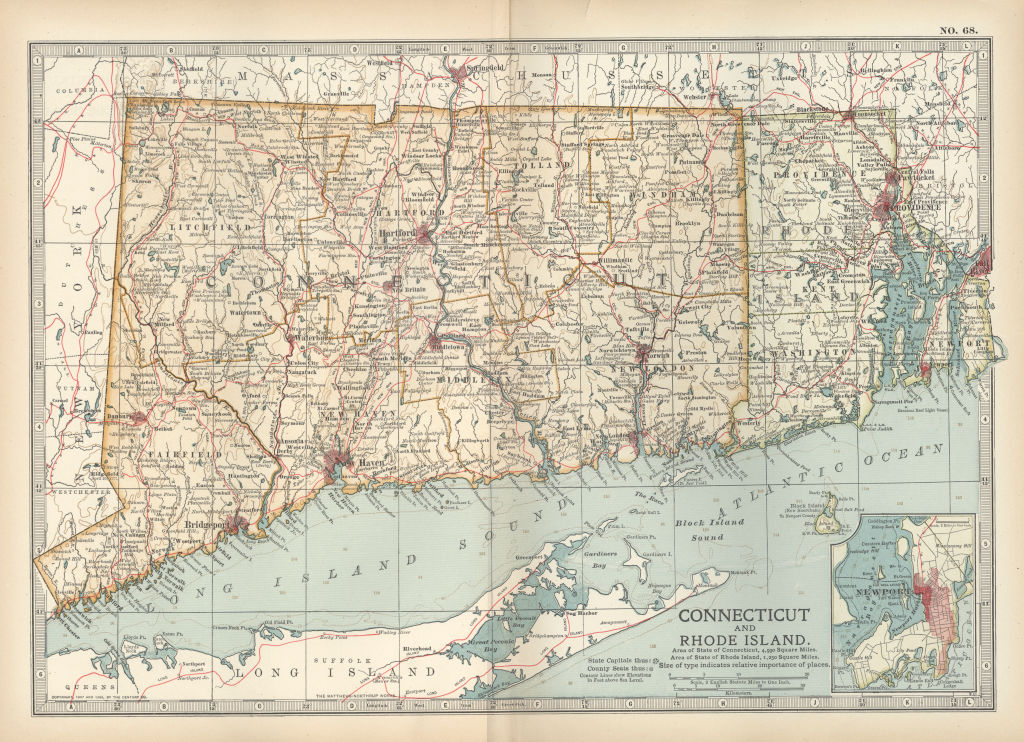Amagansett Attorney Sidney Silverman Leaves Legal Legacy Behind

An Amagansett resident since 1967 and renowned trial lawyer, Sidney Silverman died on November 4 at Columbia Presbyterian Hospital in Manhattan. According to his family, once he’d seen his children and grandchildren, Silverman, who was in declining health, decided his time was up and stopped accepting food or water, going out on his own terms. He was 88.
A Brooklyn native born in the borough on December 4, 1932, Silverman graduated from Horace Mann and went on to graduate Colgate University and Columbia Law School with honors. He had an exemplary career as an attorney, including some important cases, including representing the baymen of East Hampton, as chronicled in his memoir A Happy Life: from Courtroom to Classroom.
Silverman successfully represented the East Hampton Town Baymen’s Association in a class action lawsuit against General Electric Company. At the time, the local striped bass fishery, which made up much of the baymen’s fishing livelihood, had been closed due to PCB contamination. His client claimed this was due to General Electric recklessly mishandling chemicals used to insulate their transformers and capacitors, and discharging the PCBs into the Hudson near their plants. Contaminated stripers then migrated to Long Island waters. The case was extensively covered in The East Hampton Star, where Silverman’s wife Irene was an editor, and it ended with a proud headline: “Fishermen Win a $7 Million Dollar Recovery.”
He also grabbed headlines for his role in defending the Arctic National Wildlife Refuge when in 1987, British Petroleum (BP) attempted a takeover of Standard Oil of Indiana, which had drilled a single test well in ANWR. As part of the case, Silverman managed to depose BP’s chief petroleum engineer, but the results were made confidential and stashed away for more than three decades until Donald Trump’s administration began efforts to allow drilling in ANWR. To help defend the fragile region and its native wildlife, such as caribou, Silverman broke his confidentiality agreement and gave a copy of his deposition to a reporter for The New York Times. That reporter went on to publish a story proving drilling would not be lucrative at ANWR, which was a big setback for Trump’s efforts.
Silverman taught classes for the Delaware Bar Association and at Yale as an adjunct professor. After he retired from law, he earned a master’s degree in philosophy from Columbia and then then took up writing, completing his memoir, six novels and a collection of short stories.
In addition to his legacy in the law and his writings, Silverman leaves behind his beloved wife of 60 years, three children and six grandchildren. He was interred last week at Shaarey Pardes-Accabonac Grove, the Jewish Center of the Hamptons’ cemetery in Springs.



